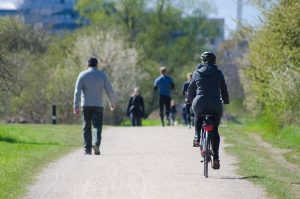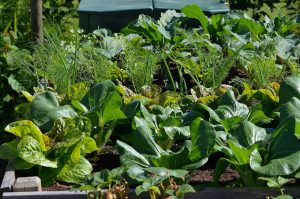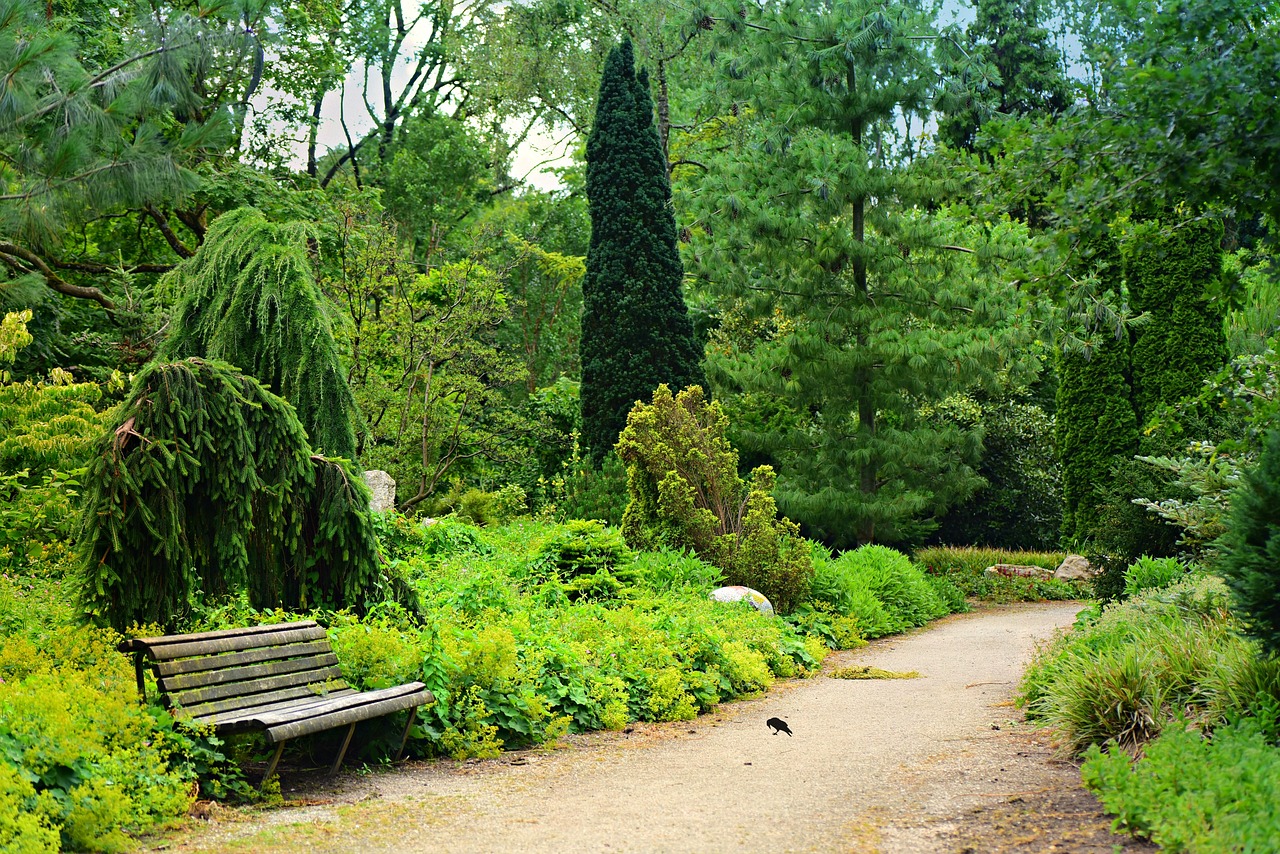Over the last few months we have looked at the different social benefits that urban parks can produce, including education, health and wellbeing and inclusivity. This final instalment will focus on how urban parks can help create sustainable communities. In other words, places where people want to live, continue to live throughout their different life stages and to protect.

In order to create high quality urban green spaces, like urban parks, planning and development requires input from the communities which the spaces will serve. Sometimes urban green spaces are actually born because of contributions from locals, even when something else entirely was part of the original plan. The High Line in New York City was a disused freight rail line set to be demolished in the 1980-90s. Infamous for being an eyesore in the city, plans were made for the structures removal, that was until locals realised in its many years of desuetude the line had started a natural transformation, with both plants and other wildlife being attracted to the area. It was the locals who recognised the potential in the area, and campaigned for it to be transformed into something which everyone would be able to appreciate rather than its demolition. Since then The High Line is now an elevated urban park, serves as a cultural hub in the city with various community programmes and a tourist attraction which attracts an estimated 8 million visitors per year. This example really highlights how community involvement can transform disused industrial sites into something valuable within the community, bringing people together. By seeing the beauty in nature and urban green spaces the locals of this community created somewhere they wanted to stay and protect, whilst also attracting others.
Now although this example does highlight how local communities can transform green spaces, New York has a very different landscape than Edinburgh. However, it could be said that the Granton Community Gardeners is a local example of how green spaces can generate community involvement and enhance social facilitation. This group of gardeners started as locals came together recognising that they could plant vegetables and flowers to transform a small patch of public grass that was not being used.
“In Jan 2017 we became a charity. We aim to support gardening and especially anyone growing food in the area. We now work regularly in Granton Primary School, and host a free weekly community meal open to all. We provide support to residents cultivating over 12 different community growing plots across Royston Wardieburn. We host community events. And we try to support and encourage anyone who’s got a great idea to make Granton better especially if it involves making sure everyone is fed well! Everything we’ve achieved has happened because someone has come along with a great idea and has acted on it.” – Granton Community Gardeners website

With the common goal of enhancing their local greenspace, the neighbourhood locals were able to meet and form friendships with one another. Since the initial project Granton Community Gardeners have transformed many green patches in the area, and producing fresh food has allowed for the hosting of weekly community meals so nobody in their neighbourhood goes hungry. By having a common interest in their community’s green space, locals have been able to meet new people, learn new skills and enhance their surroundings.
Projects like this one show how even the smallest of green spaces can serve as a location for people to meet and come together to better their community. A new urban park in Edinburgh’s west would have the potential to achieve this on a much larger scale, and allow people from the numerous communities surrounding the park to come together to take pride in their local area. It could also be said that if residents have a direct impact and connection with their local green space they will have more desire to remain in that area throughout their lives.
To learn more about the Granton Community Gardeners and the work they do visit their website: https://www.grantoncommunitygardeners.org/



